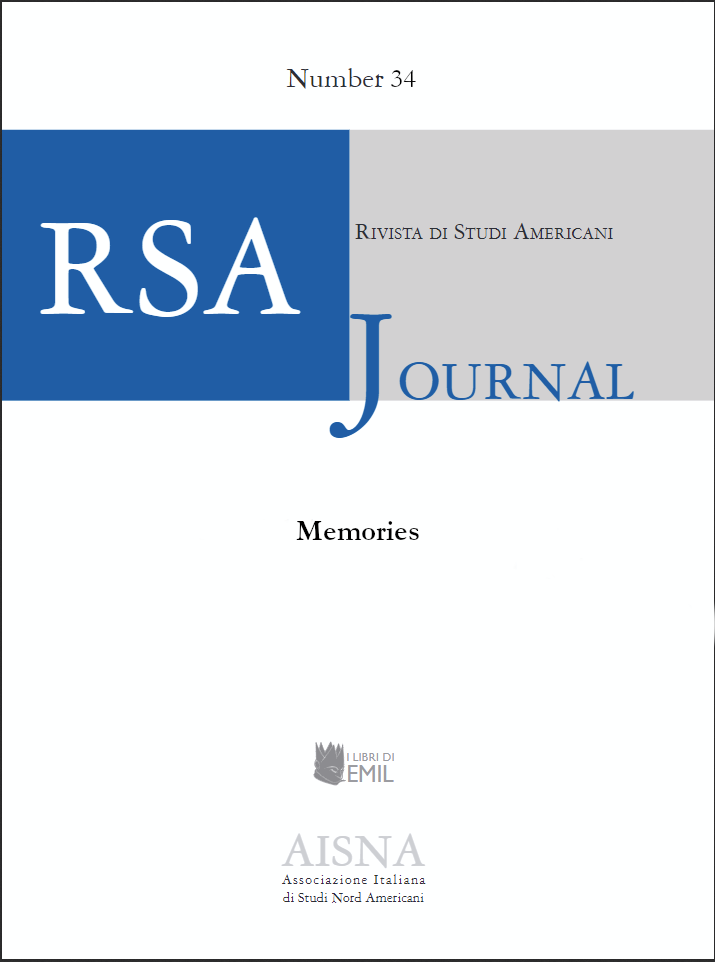Daoism and Posthuman Subjectivity in Ursula K. Le Guin’s “The Lathe of Heaven”
DOI:
https://doi.org/10.13135/1592-4467/8379Keywords:
posthumanism, Ursula K. Le Guin, Rosi Braidotti, DaoismAbstract
Posthumanists consistently challenge traditional notions of the human subject as bounded and autonomous. For these theorists, American environmental literature has proven to be a valuable source of more relational models of subjectivity in which humans are recognized as interconnected with nonhumans. However, the significant influence of the religious imagination on this literary tradition has largely been disregarded by posthuman ecocritics, and so too has its potential contribution to combating anthropocentrism. Building on recent arguments for parallels between posthumanism and Daoist thought, this article analyzes the work of Ursula K. Le Guin, whose speculative fiction has been acclaimed by posthumanists for its experiments in post-anthropocentric subjectivity, but whose strong Daoist influence has not been recognized by these same critics for its role in such experiments. I argue that Le Guin’s central character in her most explicitly Daoist novel The Lathe of Heaven (1971) embodies Daoist concepts in ways that align closely to Rosi Braidotti’s model of posthuman subjectivity. Beyond this recognition of compatibility between the two perspectives, I argue that reading the novel in light of recent re-evaluations of the concept of wuwei (non-action) also suggests an alternative conception of human agency that may inform the posthumanist project.
Downloads
Published
Issue
Section
License
RSAJournal will apply a CC BY 4.0 license to all its contributions starting with issue 37 (2026). Previous issues are licensed under a CC BY-NC-ND licence.





